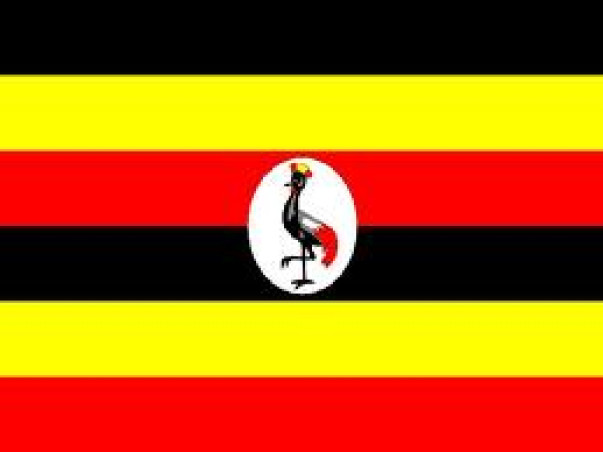Uganda: Revisit Consumer Rights in Mokash Mobile Money Service

By Christopher Muhawe
MTN Uganda's partnership with Commercial Bank of Africa (CBA) to start a service code named MoKash should first address consumer rights questions. The service offers MTN Mobile Money users the option to save money and access loans using mobile money.
One has to have an MTN mobile money account and a fixed deposit account in CBA in order to access the service. Customers can save any amount while earning an interest or take out short term loans of 30 days at an interest. The loan amount ranges between Shs 3,000 to Shs1,000,000 at 9 per cent interest.
It is of no doubt that the service is a great innovation in the financial inclusion struggle of the Ugandan population which is largely averse to banking.
However, the MTN MoKash service to wit, the terms and conditions thereof largely raise serious questions of consumer protection rights.
First, the only source of the Mokash service terms and conditions is conspicuously absent to majority of the end users. It is only availed at the point when the potential customer is in need of accessing a loan. This only appears on the phone screen and often times in fonts that do not encourage easy reading. There is no chance for the client to seek independent and informed advice.
The terms and conditions are available in the English language. The presumption here is that all the MTN MoKash customers are comfortable with the language. This leaves consumers at a high risk as they commit to terms and conditions which they do not materially understand.
The terms and conditions lack in a material fact in that there is no clear channel for addressing consumer queries and clarifications. There is no clear channel and or forum for handling customer complaints about the MoKash service.
One of the provisions of the terms and conditions of MoKash services among others is the dictation that in case of a complaint about the service, the customer will have no right to bring such a complaint to CBA bank but to MTN customer care centre. The same provision provides that the customer centres are not the bank's agents.
One of the conditions of enrolling for the MTN MoKash service is that one has to open a fixed deposit account with CBA Bank. This automatically qualifies one as a CBA customer. Why should the bank run away from addressing queries concerning one's account? In this whole arrangement, the bank is best suited to answer the consumer's questions as the initial transaction of depositing fixed deposits are initiated with the bank.
The terms and conditions continue to provide that the customer has to acknowledge that they will have no claim against the bank for damages resulting from losses, delays, misunderstandings, mutilations, duplications or any other irregularities due to transmission of any communication pertaining to the MoKash account.
It should be borne in mind that the relationship between the banker and the consumer is a debtor-creditor relationship. The money saved in the bank should be payable on demand as of right.
There is a question of false advertising as seen on the Frequently Asked Questions (FAQs) tool on MTN websites. One of the FAQs on the MTN official website is whether the consumer receives a full amount of the loan amount? The answer to the same is that, if a request is placed for a loan of Shs1,000, the customer will receive the full loan amount of Shs1,000.
The terms and conditions on the other hand suggest otherwise that the bank has discretion to determine how much loan amounts should be advanced regardless of the customer's request. The bank deducts service charges as well. This in effect means the customer will not receive the full loan amount as requested. This contradiction is not only violation of consumer rights to accurate information but also unfair completion practice to other banks.
MTN and CBA should look deeply into the consumer rights protection and revise the terms and conditions of the MoKash service.
Mr Muhawe is a lawyer/advocate and a Master of Laws (LLM) candidate at the University of Illinos- USA.
SOURCE:THE MONITOR
 Africas leading resource for digital financial services
Africas leading resource for digital financial services


comments